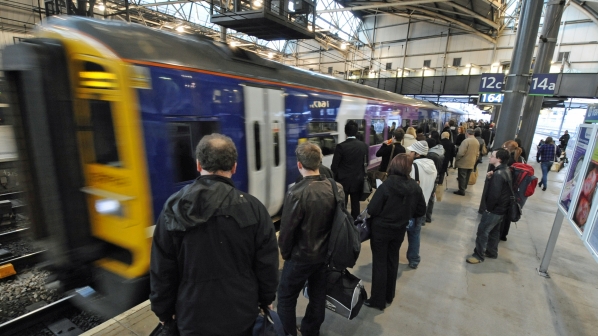In its Phase 2 final report, the ORR recommends that the interests of passengers are put at the heart of key decisions for major rail projects, and that the industry works together to improve passenger information provision.
To strengthen decision-making, the ORR’s range of actions include requiring NR’s System Operator (SO) to publish a plan by April 1 2019 explaining how it will lead a review of Part D of the network code, the section which creates the slots for new services into the timetable. This will include consideration of whether Part D should explicitly set out go/no go decision points.
Other major recommendations include:
- clearer scope for industry boards to oversee major network changes, with the aim of ensuring greater scrutiny of the interdependencies involving new timetables, infrastructure, rolling stock and franchises
- new independent, system-wide advice and auditing to be introduced as soon as possible for major network changes, to spot and address problems before they affect passengers, and
- addressing “optimism bias” by learning from the examples of best practice in other sectors in delivering major projects on time and on budget.
ORR also set out actions it will follow, including:
- monitoring the SO’s performance in delivering commitments made in Control Period 6, the industry’s strategic plan for 2019-2024, and
- continuing enhanced monitoring of the risks to future timetables.
The Williams Review will take a long-term look into what more fundamental changes are required.
The recommendations follow the report on Phase 1 of inquiry, which was published on September 20. ORR found that the difficulties endured by passengers were the result of poor communication within the industry, a perception that no one was in overall control of decision-making and a failure to put passengers at the heart of decision-making. The report found the Department for Transport (DfT), NR, Govia Thameslink Railway (GTR), Northern and the ORR made mistakes, which led to the collapse of timetables, and found gaps in accountability for managing systemic risks, as well as failures to take sufficient action to deal with growing problems or raise the alarm about the risk of disruption.
On December 4, the DfT cut GTR’s franchise profits and instructed it to make £15m of passenger improvements for its role in the huge disruption.
“Passengers were let down by the rail industry on May 20 and the weeks that followed,” Glaister says. “We found systemic failures that needed to be resolved in order to reduce the possibility that passengers have to endure these conditions again. Our recommendations will now mean that in every project, impact on passengers will be a central consideration - as it should always be.
“We are pleased with the improvements that have been made so far and expect our recommendations, which can be implemented immediately, to bring more benefits. More fundamental changes are needed in the longer term, which is the subject of the Williams Review. The ORR will contribute to that review.”
A full overview of plans for CP6 will be published in the January issue of IRJ.

